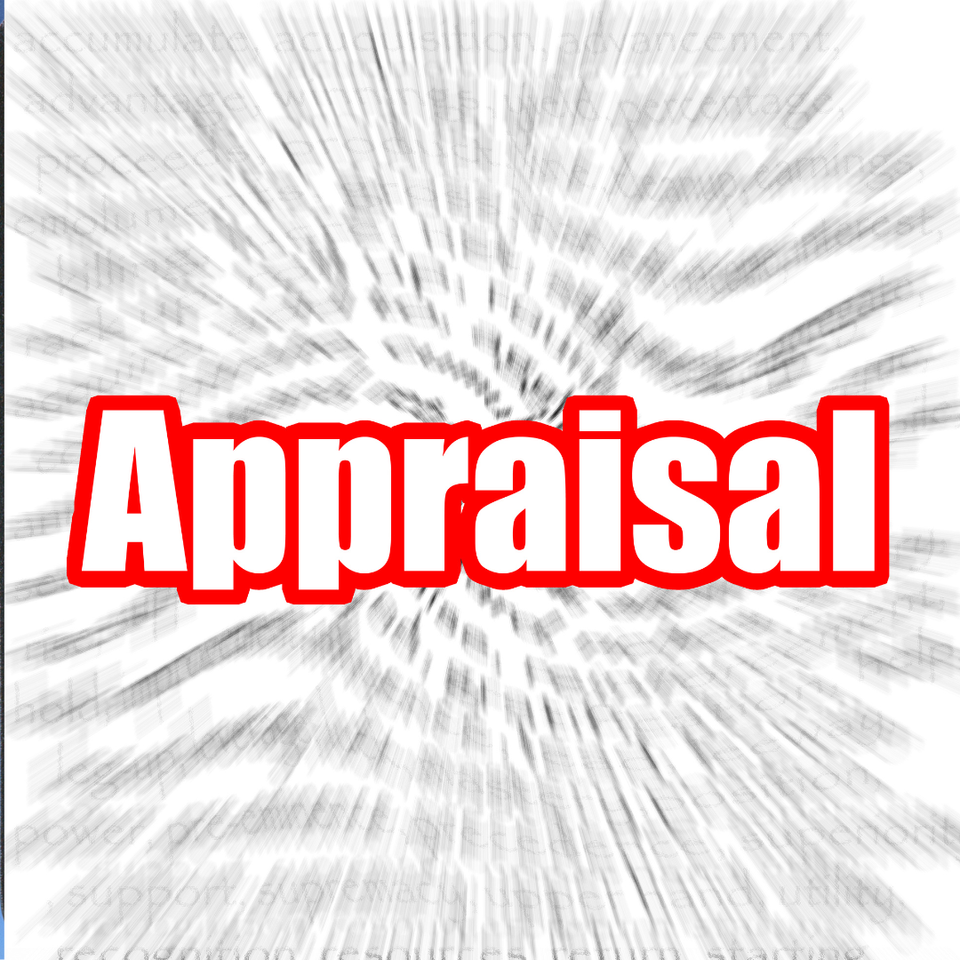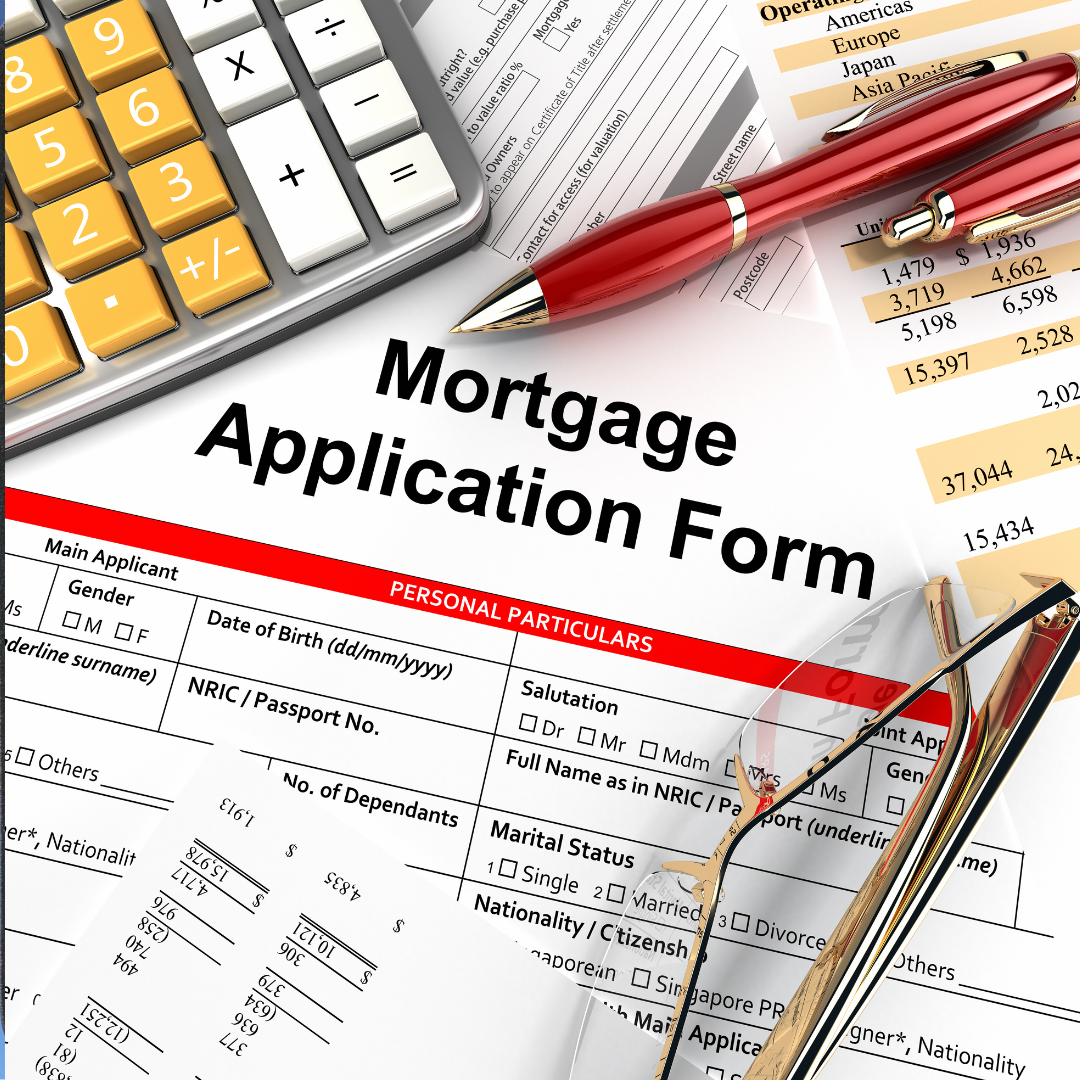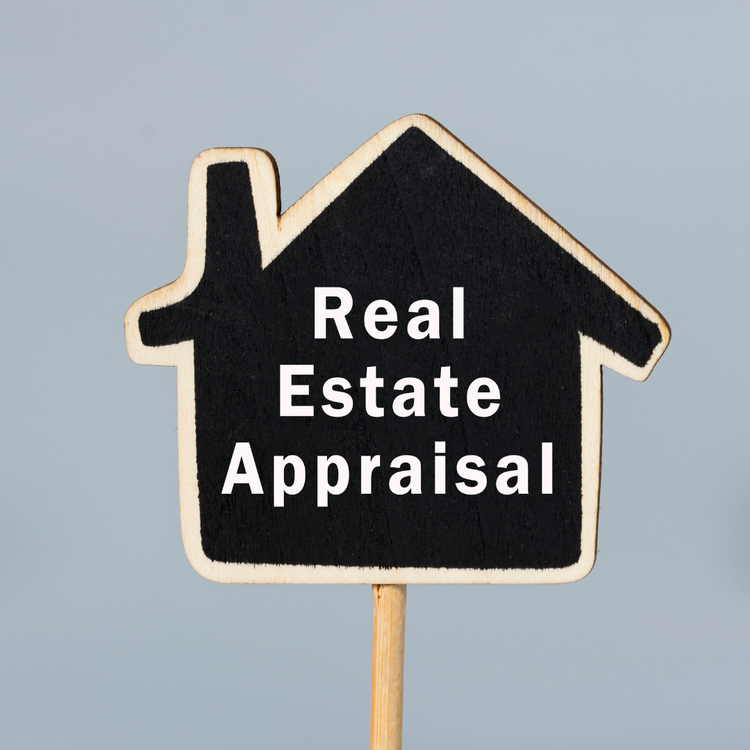What is a Property Inspection Waiver (PIW)?

Short Answer:
A Property Inspection Waiver (PIW) is an offer to waive the appraisal requirement for eligible mortgage transactions. Instead of getting a traditional appraisal with a visit to the subject property, the lender uses data from automated valuation models (AVMs), public records, and other sources to determine the property's value. A PIW can save time and money for both the borrower and the lender. However, not all properties or loan types qualify for a PIW.
Longer Answer:
Recently, one of my clients was buying a house in Northern Virginia. After going under contract, we learned that the subject property and their proposed new mortgage loan qualified for a Property Inspection Waiver or PIW aka Appraisal Waiver. My clients wondered 1) what was a PIW?, 2) what are the consequences of not using the waiver? and 3) how did they qualify for this?
Let's dive into these questions.
What is a Property Inspection Waiver?
A Property Inspection Waiver (PIW) is an offer from a lender to waive the traditional property appraisal requirement for certain mortgage transactions. Instead of conducting a physical inspection of the property, the lender uses data from automated valuation models (AVMs), public records, and other reliable sources to determine the property's value.
How does a PIW work?
When you apply for a mortgage or refinance, your lender inputs your loan application data into an automated underwriting system (AUS). The AUS evaluates the risk associated with the loan and determines whether it qualifies for a PIW. If your loan is eligible, the lender can skip the traditional appraisal process, saving time and money.
What are the benefits of a PIW (property inspection waiver)?
- Cost Savings: Traditional appraisals can costs several hundred dollars. A PIW eliminates this cost. If a PIW is used, no appraisal fee is charged to the client.
- Faster Processing: Without the need for a physical appraisal and a visit to the house, the mortgage process can move more quickly. Loan officers and underwriters do not need to wait for the appraiser to visit the house, complete the appraisal and send back to mortgage company.
- Avoid Required Repairs: Skipping the appraisal eliminates any questions about the appraiser requiring repairs to the house prior to closing.

What are the eligibility criteria for a PIW (property inspection waiver)?
Not all loans or properties qualify for a PIW. Here are some common criteria:
- Loan Type: PIWs are generally available for conventional loans but not for government-backed loans like FHA, VA, or USDA loans.
- Property Type: Single-family homes and condos are more likely to qualify than multi-family properties or investment properties.
- Value of the House: Currently, the value of the house must be under $1 million dollars. Homes will a value above $1 million will not qualify for a PIW.
- Previously Owned Homes: Homes that have been recently built (within the past year) will not qualify for a PIW.
When You Won't Receive a PIW?
There are specific scenarios where a PIW will not be granted:
- High LTV Ratios: Loans with high loan-to-value ratios are less likely to qualify for a PIW.
- Unique Properties: Properties that are unique or have limited comparable sales data may require a traditional appraisal.
- New Construction: Newly constructed homes often require a traditional appraisal to establish market value.
- Market Volatility: In rapidly changing or volatile markets, lenders may require a traditional appraisal to ensure accurate property valuation.
- Government-Backed Loans: FHA, VA, and USDA loans typically do not qualify for PIWs for purchases transactions.
- Investment Properties: Properties purchased for investment purposes are less likely to receive a PIW.
What are the Limitations and Considerations for PIW?
While a PIW offers several advantages, it also has some limitations:
- Accuracy: Automated valuations may not be as precise as a professional appraisal, especially in unique or rapidly changing markets.
- Market Conditions: In volatile markets, lenders may still require a traditional appraisal to ensure the property's value is accurately assessed.
Conclusion
A Property Inspection Waiver can be a valuable tool in the mortgage process, offering significant savings in time and money. However, it's essential that being granted a PIW is not a given. A wide range of factors go into a PIW being granted for a specfic property.
—
These blogs are for informational purposes only. Make sure you understand the features associated with the loan program you choose, and that it meets your unique financial needs. Subject to Debt-to-Income and Underwriting requirements. This is not a credit decision or a commitment to lend. Eligibility is subject to completion of an application and verification of home ownership, occupancy, title, income, employment, credit, home value, collateral, and underwriting requirements. Not all programs are available in all areas. Offers may vary and are subject to change at any time without notice. Should you have any questions about the information provided, please contact me.
Find more answers to questions at www.jdanswersquestions.com



